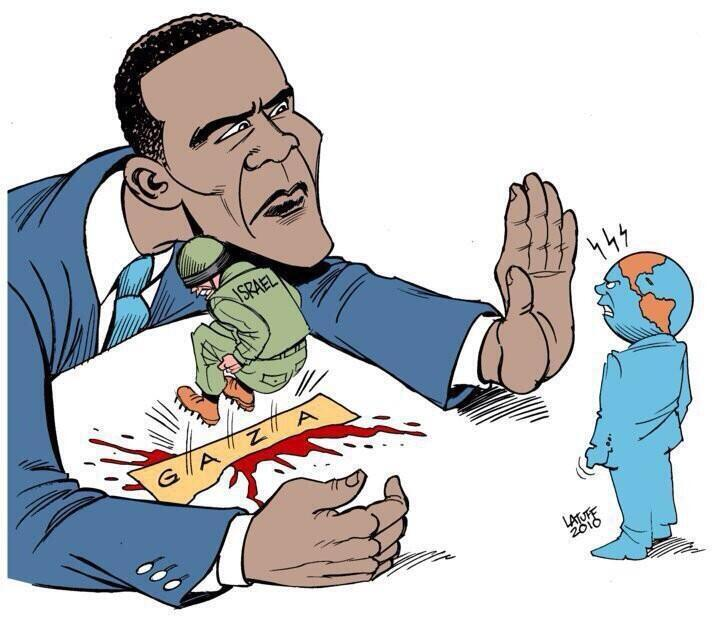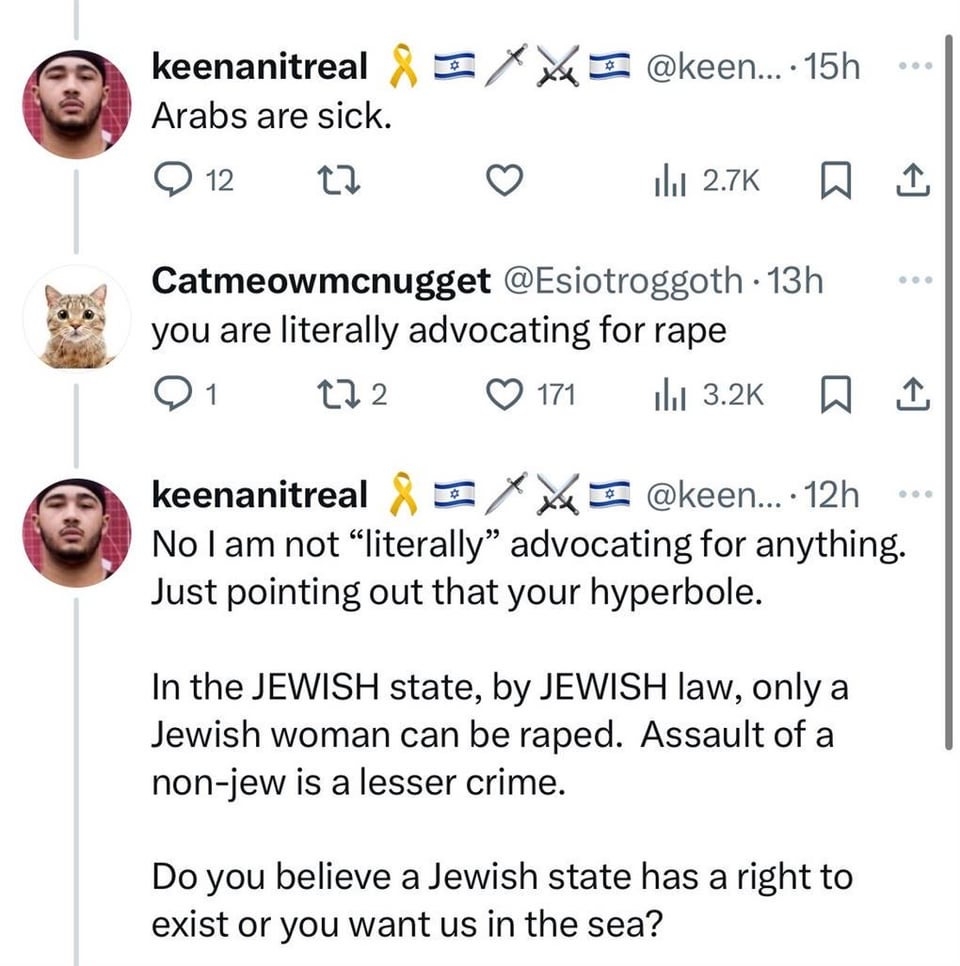Palestine
136 readers
1 users here now
Rule 0. Comments must be on topic, off topic comments lead to immediate ban. Off topic comments are any comments that will lead to diverging from the post’s topic. If you want to discuss something post about it.
Rule 1. No refutation without a source. Any bias against MENA sources could lead to a ban if not backed with evidence. The burden of proof is on you.
founded 10 months ago
MODERATORS
1
2
3
5
6
7
9
10
11
12
13
14
15
16
17
18
19
20
21
22
23
24
25
view more: next ›

